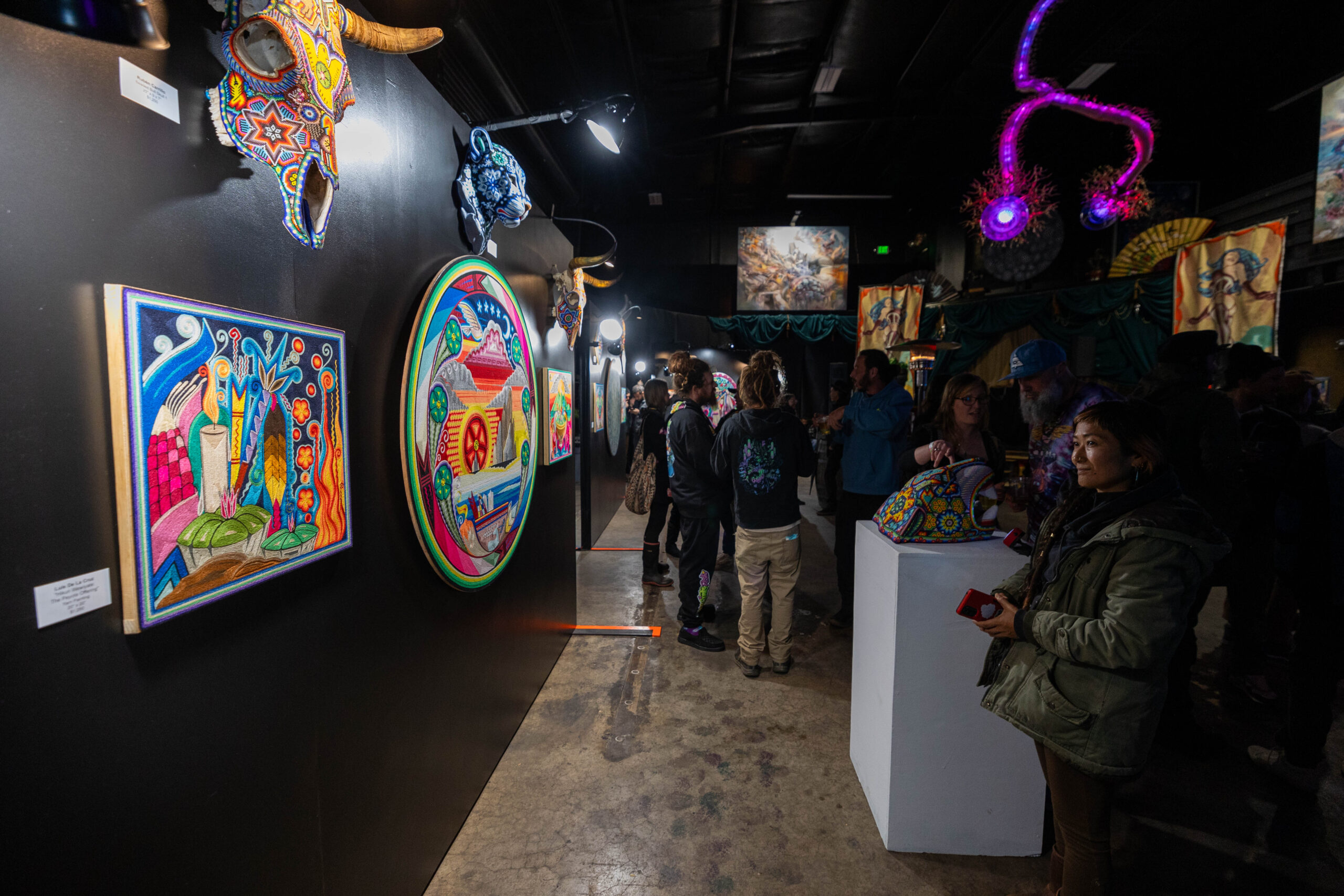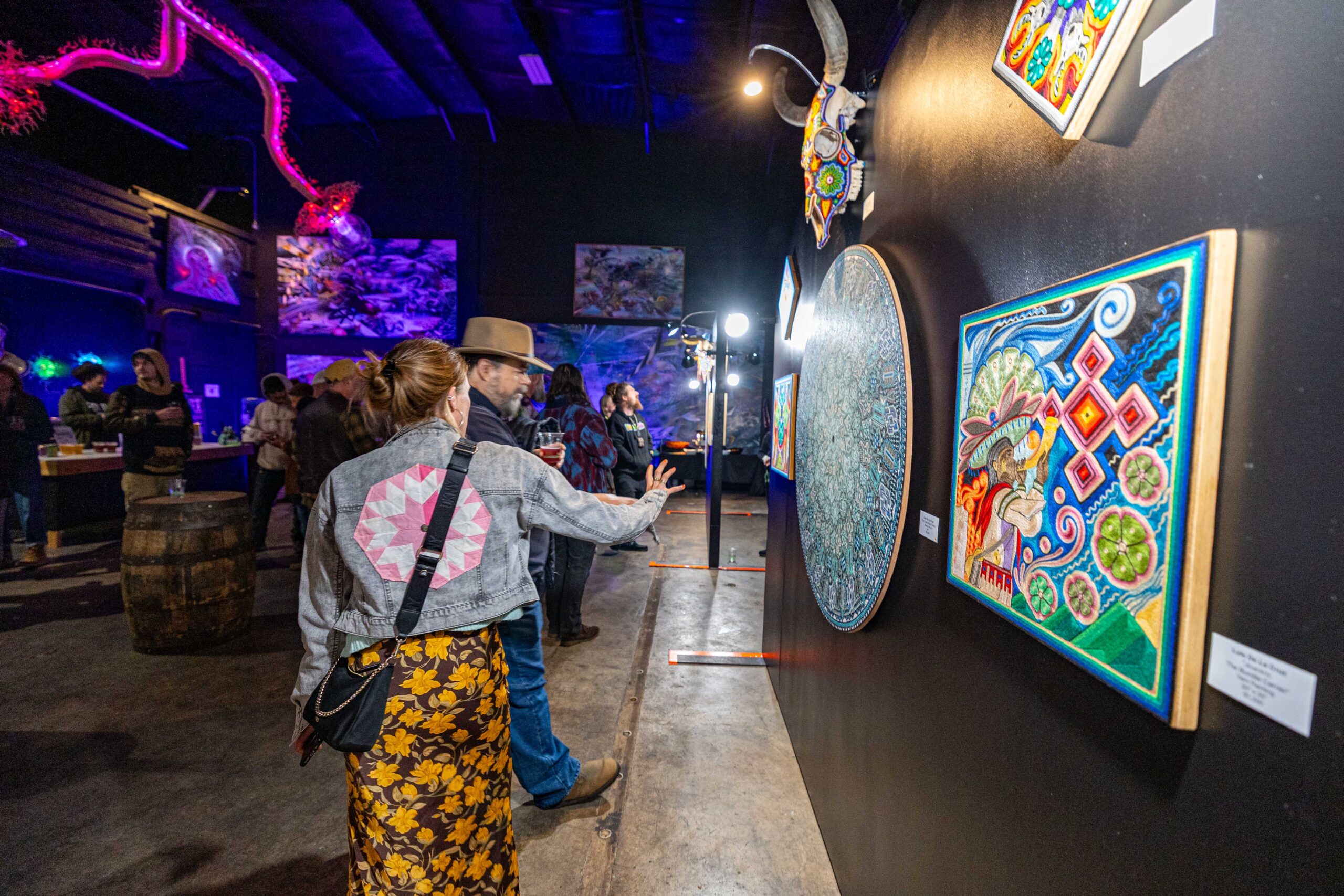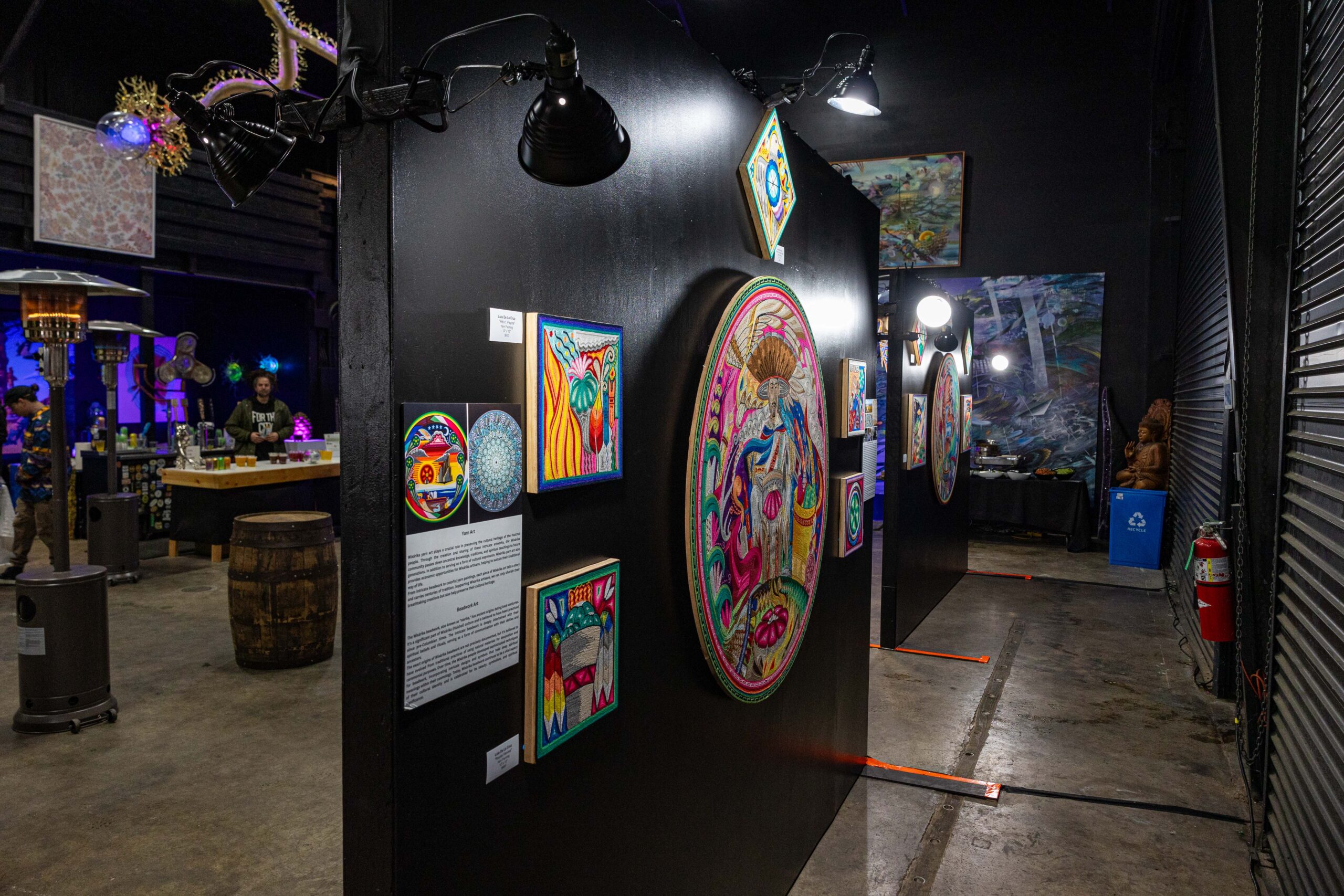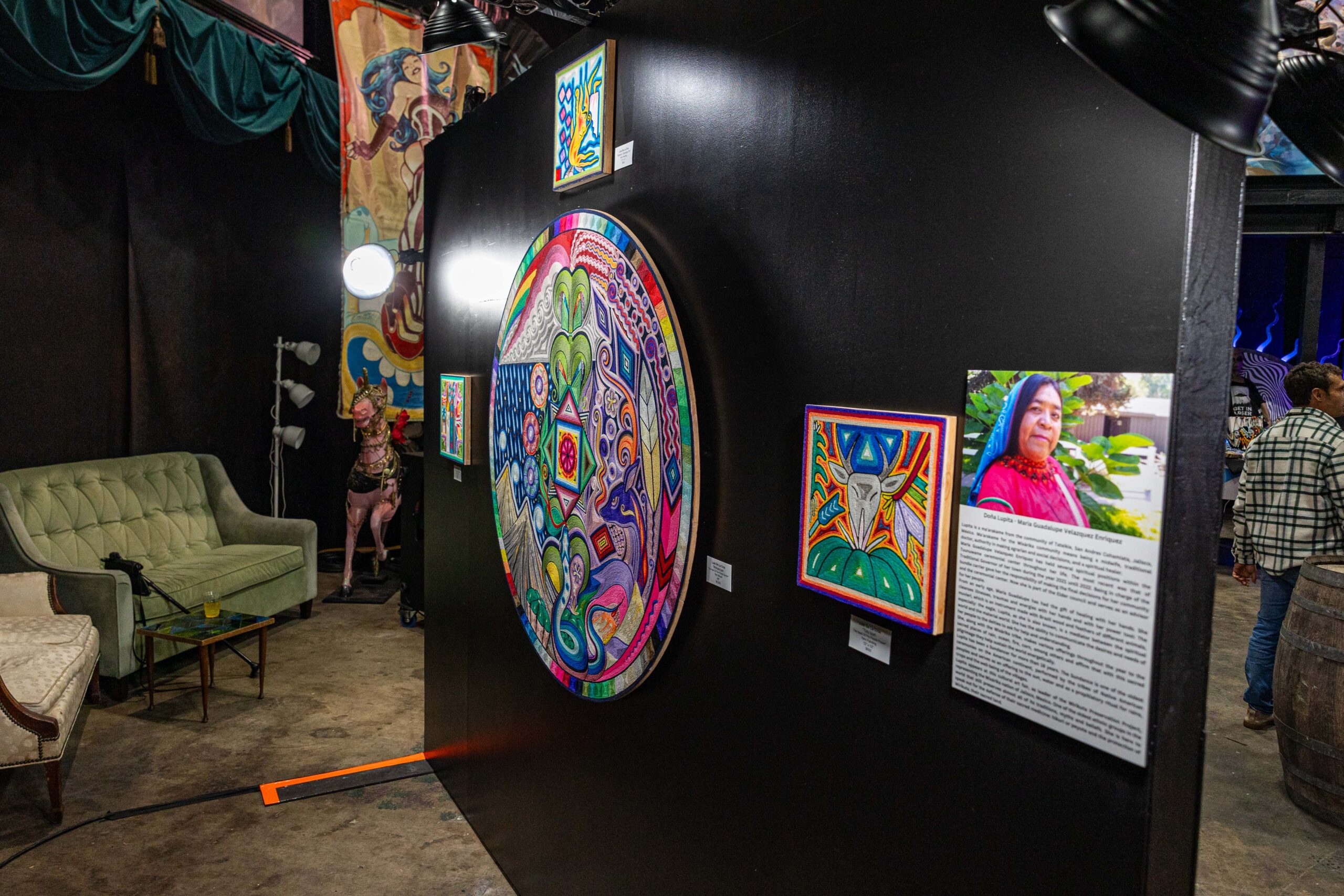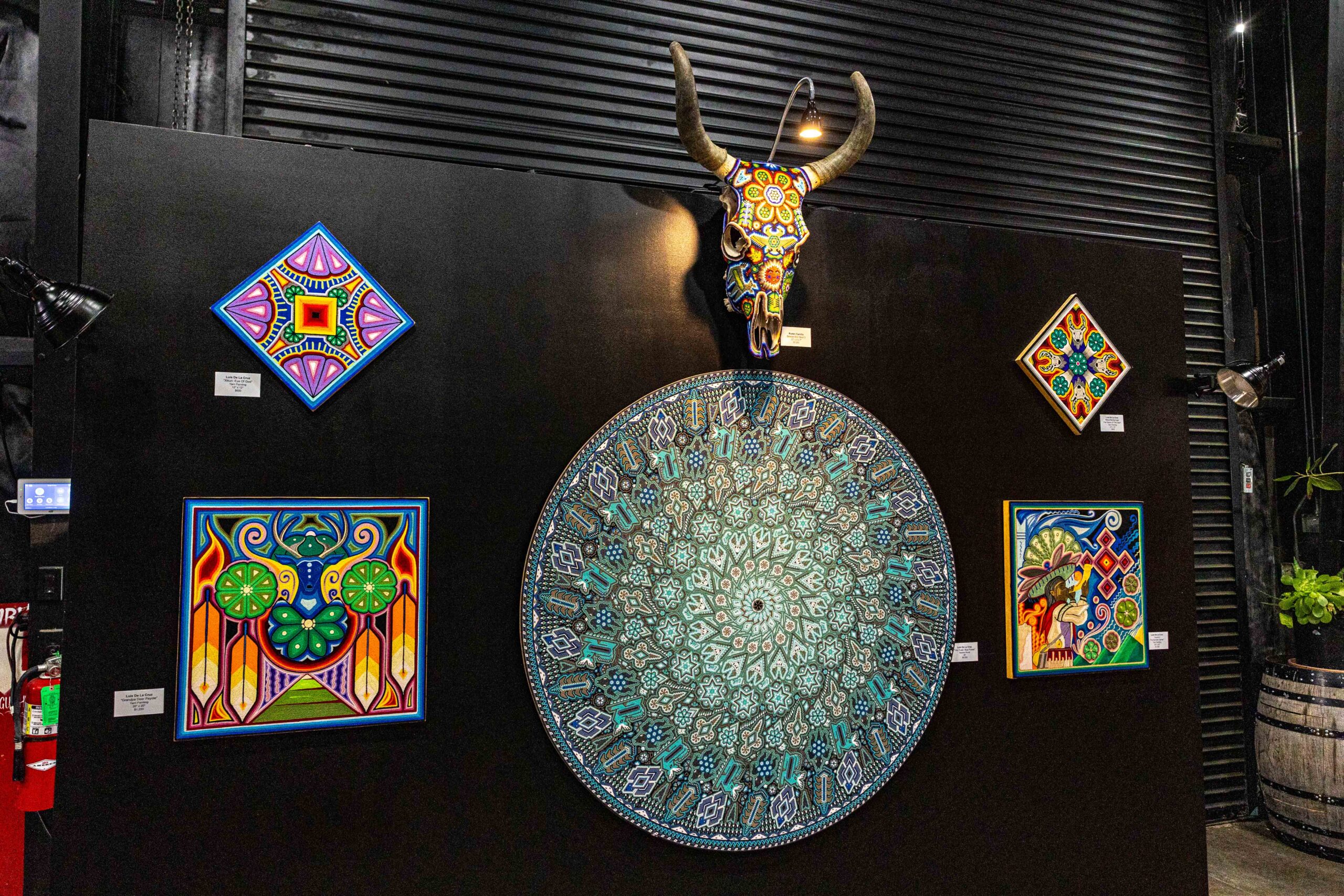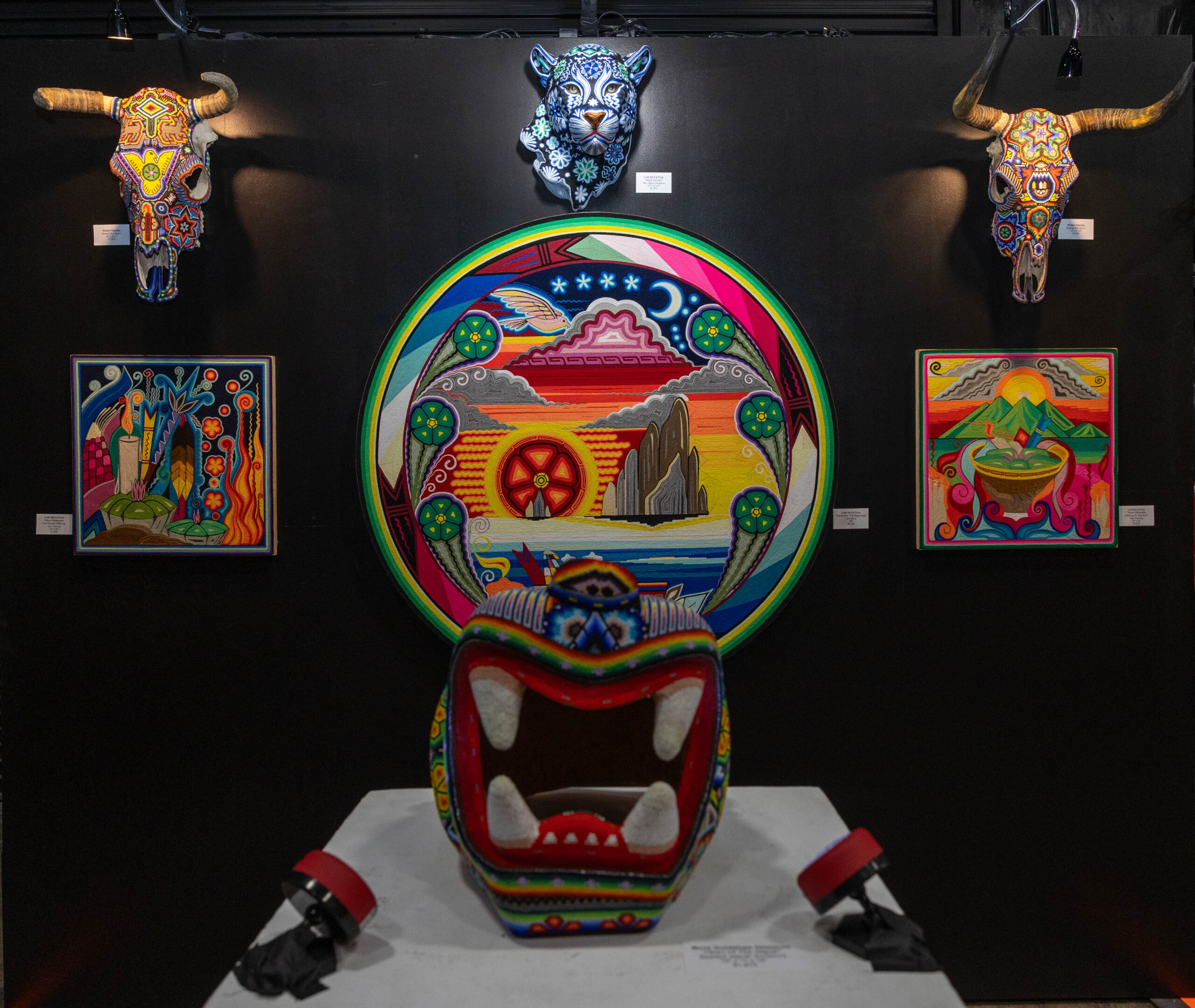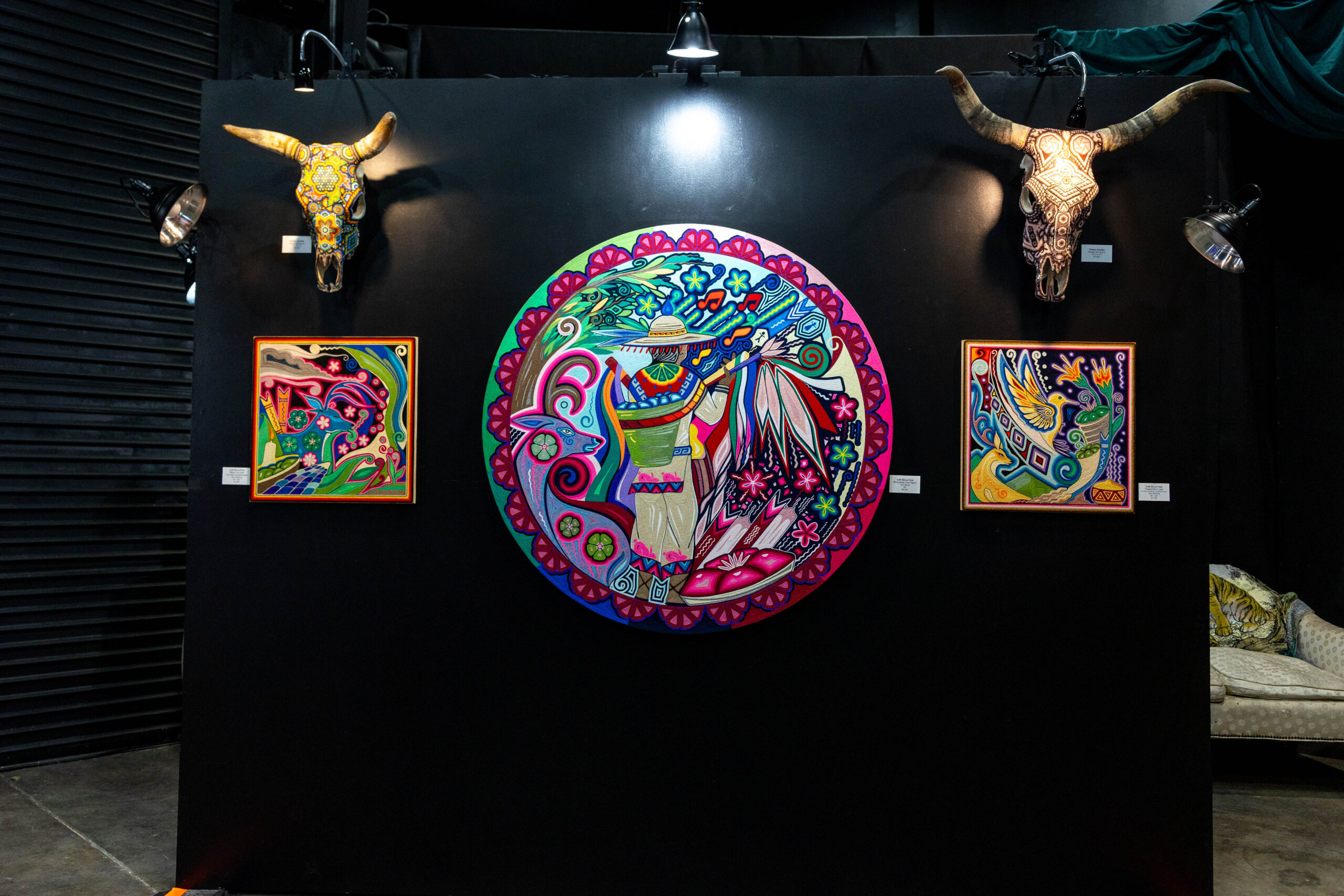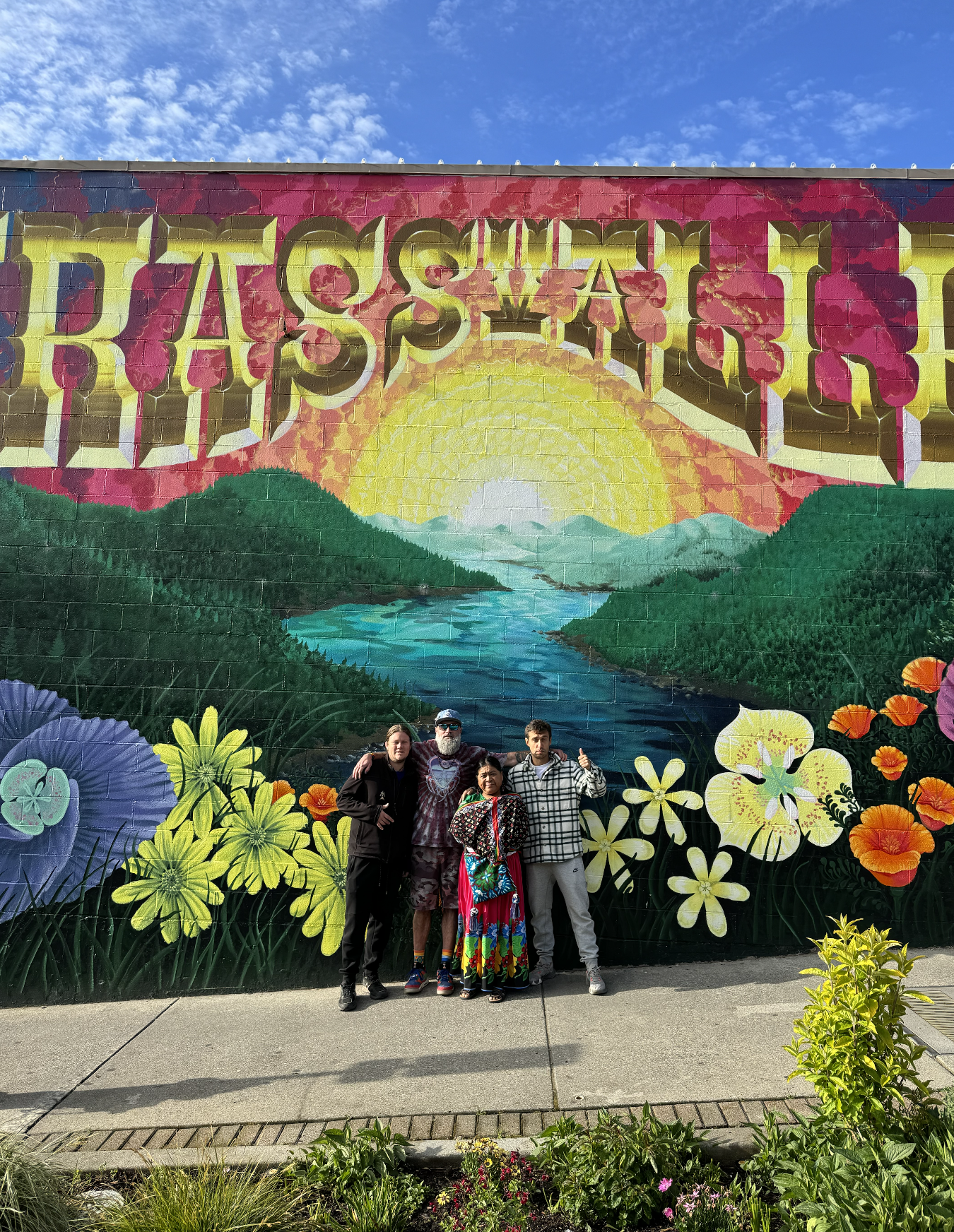PACT is hosting a benefit for the Wirikuta Preservation Project, an organization of the Wixáritari tribe of North Western Mexico, California, New Mexico, Arizona and Texas. The Wixáritaru are also known as Huichol, a colonial name derived from mispronunciation.
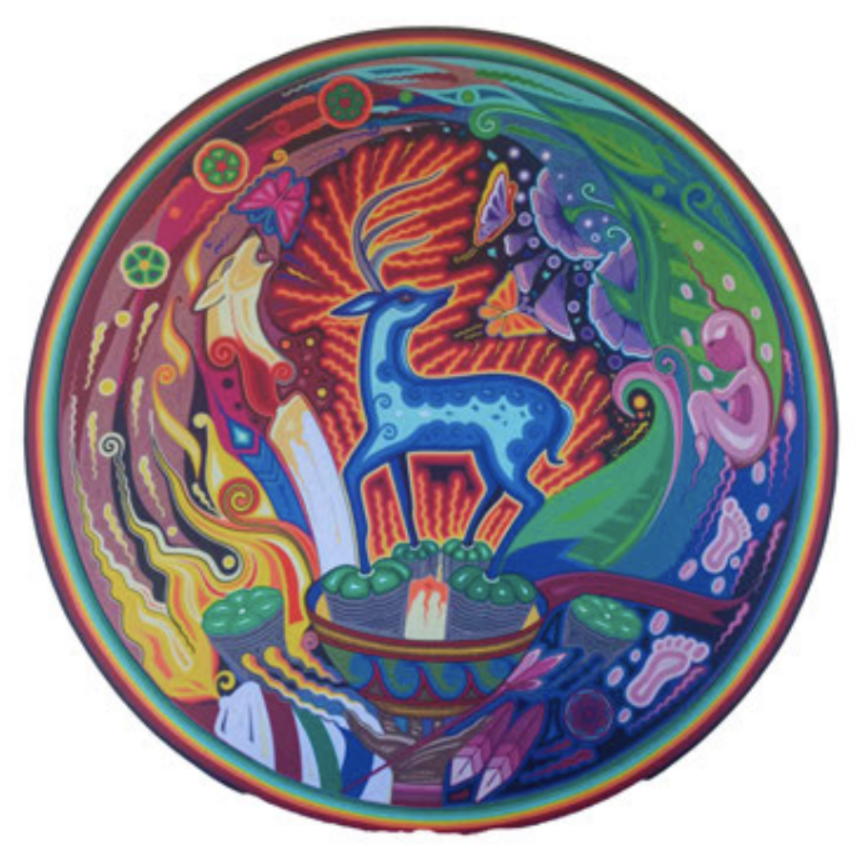
Among all ancient cultures there have been rich and complex rituals to balance between the need to survive and the reverence of the natural world that sustains us. Most of these cultures have been lost over time. One notable exception is the Wixarika people of Mexico. They are the last remaining pre-colonial culture that maintains a ritual use of the Peyote cactus. Rather than fight the colonial Spanish, as many of their neighbors did, the Wixarika remained safe in the difficult to access Sierra Madre mountains. Like many indigenous cultures, the Wixarika have a profound reverence for the delicate natural ecosystems that sustain life. Through their sacred pilgrimage to the valley of Wirikuta, the place they believe their ancestors first prayed with Hikuri (Peyote cactus). At the beginning of time the water that made life in the desert possible sprang from the forehead of a deer. In the tracks of that first deer grew Hikuri (Peyote), which in turn became the first ear of corn as well as the drinking bowl of the greatest and oldest of the Wixarika gods, Tatewari, Grandfather Fire. It was Tatewari who first led the Wixarika to Wirikuta and introduced them to Hikuri. Unless this memory is honored by the living, Tatewari will stop the rain, there will be no corn, and the deer will die of thirst. Thus each year the Huichol leave their mountain home to travel through a sacred geography two hundred miles to the northeast. Guided by Marakames (Wixarika shamans), the pilgrims take on the identity of the ancestral gods. By completing the peyote hunt and eating the bitter flesh of Elder Brother Deer, they find their way to the center of the world and thus become whole.
The traditional ways of the Wixarika are in danger as commericial interests slowly encroach on and destroy their sacred ancestral lands. Now more than ever, we need to preserve these ancient methods of restoring balance and harmony with nature. The Wirikuta preservation project has been fighting to protect and sustain the ancient Hikuri gardens and Wixarika culture. In 2022 with over $200,000 raised, we were able to successfully purchase 243 Hectares of land which will now be used as a foundation for the next phases of our work.
Their pieces of art work, called “nierikas” are created from visions that come to them during their ceremonies and are actually petitions to their deities. Selling their cactus inspired artwork in order to save the land where this endangered cactus grows is an example of the cactus saving itself. Enrique Ramírez is a Marakame and violinist from the Wixarika Nation. He has been the Marakame in his family Ceremonial center for 5 years and has dedicated his life to advocate for the preservation of Wirikuta.

